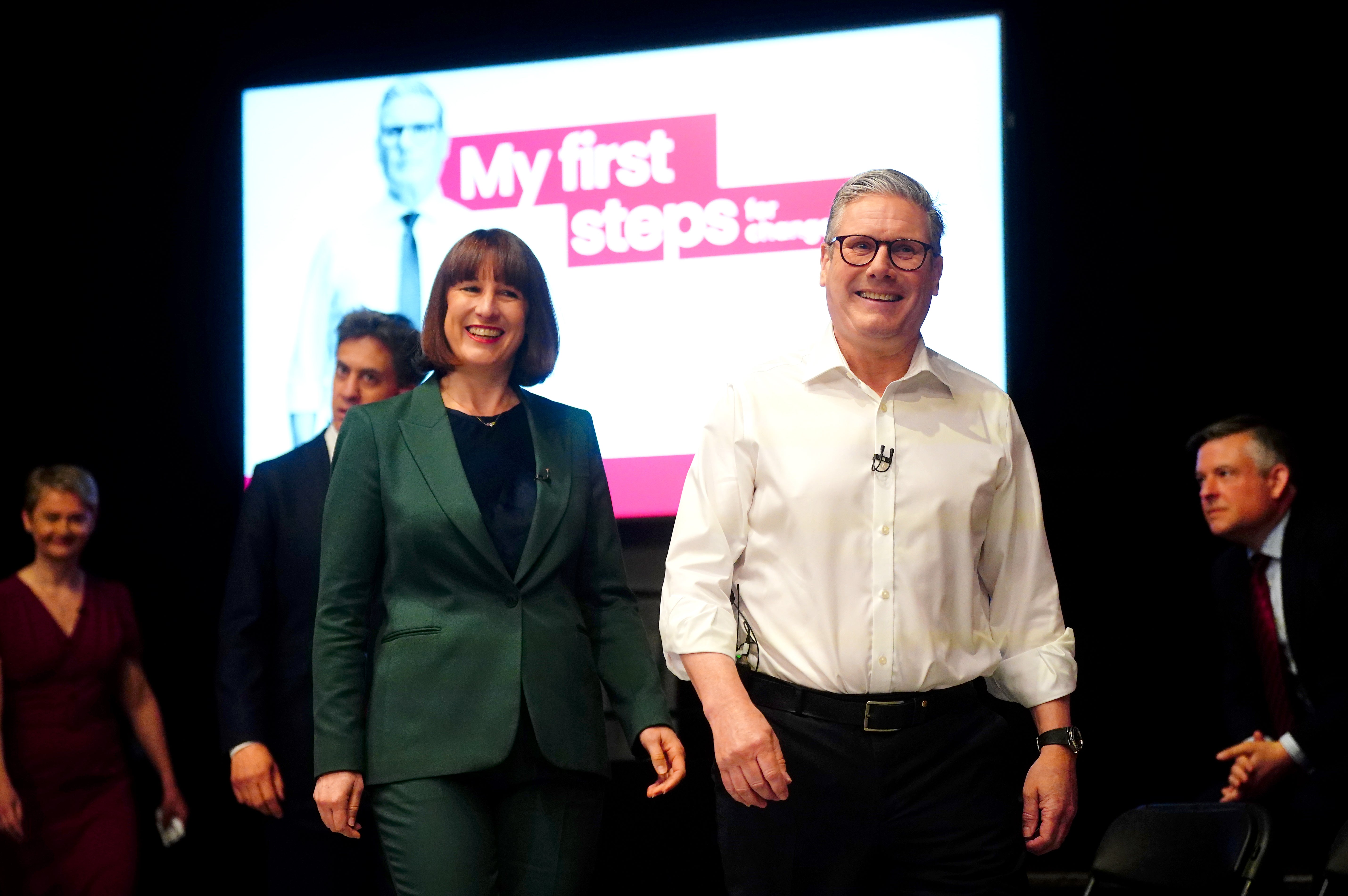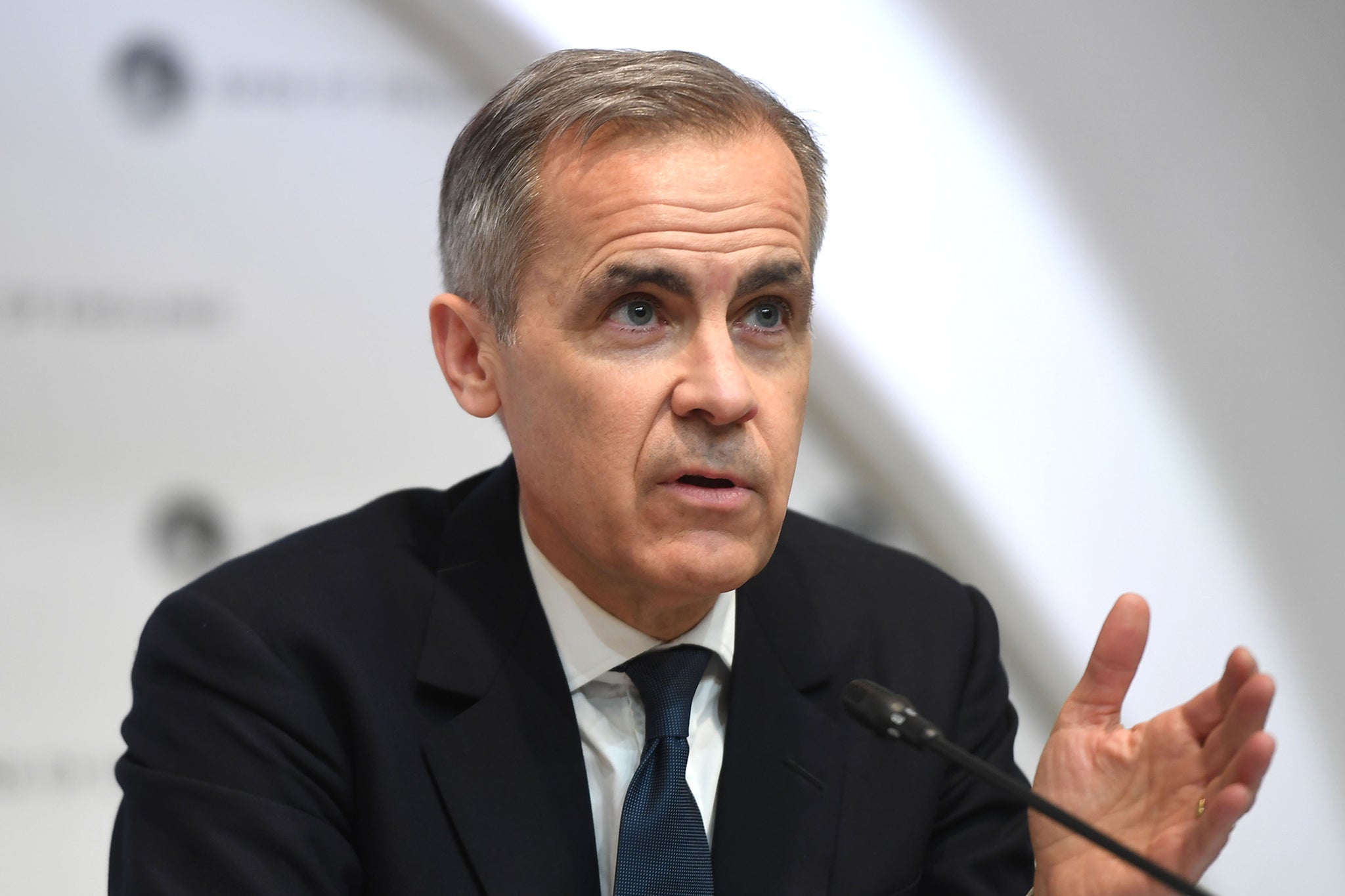More than 120 business leaders have backed Labour as the “party of change” ahead of the 4 July general election.
Founders, executives and investors from a range of sectors attacked 14 years of “instability, stagnation, and a lack of long-term focus” under the Conservatives.
And, in a letter published in The Times, they called for Labour to be given the chance “to change the country and lead Britain into the future”.

Notable signatories of the letter endorsing Labour include Tory donor Sir Malcolm Walker, the founder of Iceland, who signed a similar letter supporting Conservative economic policy ahead of the 2015 general election.
Sir Malcolm’s son Richard Walker, the supermarket chain’s managing director who previously sought a Conservative seat for this election, also signed the letter.
The decision of 121 business leaders to back the Labour Party comes as a record number of Tory MPs have said they are standing down at the general election.
A total of 76 Conservatives have announced plans to quit rather than fight their seats again, with high profile figures including Michael Gove, Theresa May and Sir John Redwood.
And the business leaders are just the latest to back Labour under Sir Keir Starmer and Rachel Reeves. The Labour leader and shadow chancellor have counted the endorsement of other major figures including former Bank of England governor Mark Carney, who was handpicked by Tory chancellor George Osborne.

Boots chief executive Sebastian James, an Old Etonian friend of Boris Johnson and David Cameron, has also thrown his weight behind the party but was a notable absence among signatories of the letter backing Labour.
Other big names on the letter include the boss of a childcare firm backed by Rishi Sunak’s wife, Koru Kids, who The Independent revealed was supporting the party.
Rachel Carrell, the CEO and founder of Koru Kids, said the Conservatives “are not serious people” but Labour’s top team would give the UK the stability that is “absolutely essential to business growth and … getting necessary reforms through”.
It continues a major turnaround for the party since it was shunned by business chiefs under Jeremy Corbyn’s leadership.
Shadow chancellor Ms Reeves said: “If we can bring business back to Labour, then I know we can bring business back to Britain. To bring investment back to Britain. To bring growth back to Britain. To bring hope back to Britain.”
And in the letter, the business leaders wrote: “Labour has shown it has changed and wants to work with business to achieve the UK’s full economic potential. We should now give it the chance to change the country and lead Britain into the future.”
And in an attack on the Conservatives, they added: “For too long now, our economy has been beset by instability, stagnation, and a lack of long-term focus.
“The United Kingdom has the potential to be one of the strongest economies in the world. A lack of political stability and the absence of consistent economic strategy has held it back. The country has been denied the skills and infrastructure it needs to flourish.”
They called for a government partnering “fiscal discipline with a long-term growth strategy” as the only way to put Britain on track for sustained growth.

But work and pensions secretary Mel Stride hit back and said all it means is that Labour has “got a letter together” with 121 names on it.
“There are no names on it in the FTSE 100, some of the biggest businesses in the country,” the minister added.
And he pointed to the Conservatives’ decision to launch the so-called full expensing tax break, which was also backed by around 200 businesses.
But despite pointing to the lack of major firms backing the letter, it will be a fresh blow for the Conservatives after a bruising start to the election campaign.
As well as facing an exodus of senior MPs, Mr Sunak has faced intense criticism over his plan to enforce national service for 18-year-olds. He has also suffered an outgoing Tory MP endorsing Nigel Farage’s Reform UK instead of the Conservatives.
And a government minister, Steve Baker, has gone on holiday in Greece rather than campaigning in his constituency.
